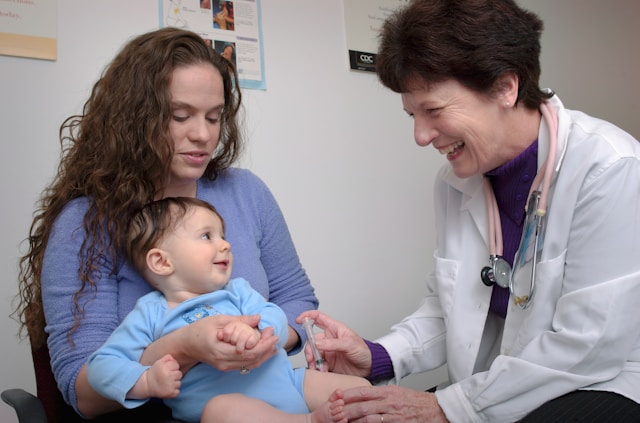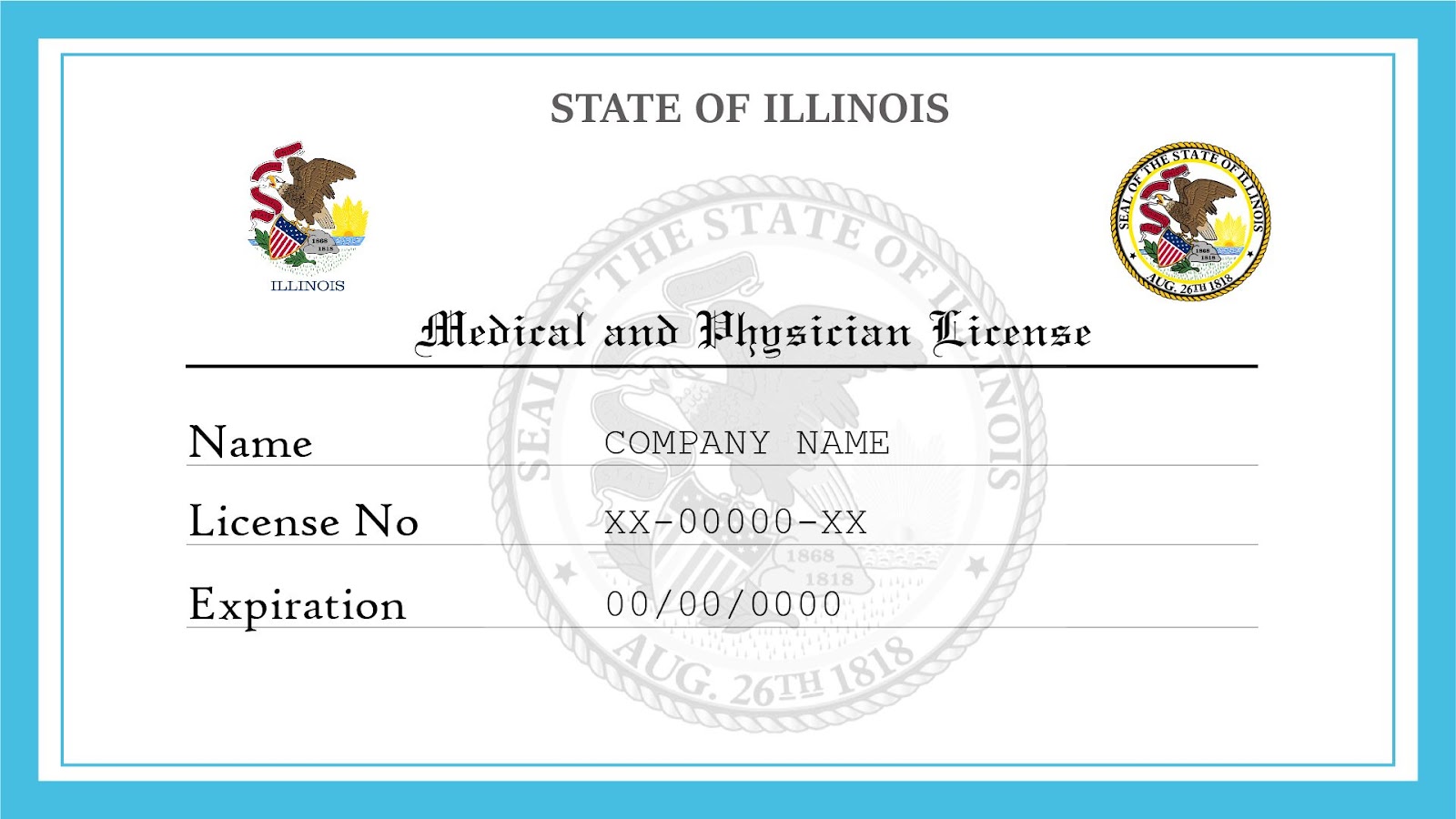Steps to Achieve Physician Assistant Certification in Maryland
In Maryland, physician assistants (PAs) are essential contributors to community health, working diligently to promote wellness through preventive measures against the state’s main health threats, such as heart disease, cancer, strokes, and respiratory illnesses. As of 2012, the 2,230 PAs in Maryland made significant strides in patient care, with an average annual income of $88,040. With the profession’s growth expected to continue, those interested in joining the ranks can follow this detailed guide to becoming a physician assistant in Maryland:
- Enroll in an Accredited Physician Assistant Program in Maryland;
- Clear the Physician Assistant National Certifying Exam (PANCE);
- Obtain Your Maryland PA Practicing License;
- Maintain Your Licensure in Maryland.
While focusing on the maintenance of your Maryland PA license, it’s also essential to understand the requirements for obtaining and managing a Connecticut physician assistant license.
Choosing ARC-PA Certified MD PA Programs for Eligibility

When exploring PA (Physician Assistant) degree options, it’s critical for students to prioritize programs recognized by the Accreditation Review Commission on Education for the Physician Assistant (ARC-PA). The Maryland Board of Physicians does not acknowledge programs lacking this accreditation as meeting the necessary criteria for professional licensure. Prospective PA students in Maryland should hold a bachelor’s degree in any field, a prerequisite endorsed by the Board of Physicians and common among graduate-level PA programs. To streamline the journey toward meeting PA program prerequisites, students might consider undergraduate majors in fields such as:
- Psychology;
- Nursing;
- Medical Assisting;
- Biology;
- Chemistry;
- Health Sciences.
Moreover, most PA programs necessitate applicants to have prior clinical experience, whether through work or volunteering, and to have taken the GRE (Graduate Record Examination).
Pass Physician Assistant National Certifying Exam
To obtain the PA-C (Physician Assistant-Certified) designation, individuals must pass the Physician Assistant National Certifying Exam (PANCE), overseen by the National Commission on Certification of Physician Assistants (NCCPA). The exam fee is set at $475. This rigorous evaluation comprises 300 multiple-choice questions focusing on the major organ systems and associated health conditions. These questions are evenly divided throughout a five-hour period. The NCCPA’s official website offers registration for the exam and the option to purchase practice tests for $35. Achieving a passing score on the PANCE results in the awarding of the PA-C credential by the NCCPA. Candidates are encouraged to arrange for their scores to be sent directly to the Maryland Board of Physicians, which is a crucial step in securing their professional certification.
Licensure Application: Maryland Physicians Board
To secure state licensure from the Maryland Board of Physicians, applicants are required to be morally upright, at least 18 years old, and proficient in English. The following documents must be presented to the Board:
- Payment of the initial license fee, which is $225;
- The Application for Certification;
- Evidence of completing a Physician Assistant (PA) degree program;
- Physician Assistant-Certified (PA-C) certification;
- Verification of PA degree program completion and PA-C certification, which can be provided via the Federation Credential Verification Service (FCVS).
Typically, the licensure process spans 2-4 weeks, assuming all goes smoothly. However, before Physician Assistants (PAs) are authorized to practice in Maryland, they must also submit a Delegation Agreement Form to the Board.
Maintaining Your Maryland PA License

To ensure continuity in your practice, it’s crucial to maintain your Maryland PA license. All PA licenses expire on June 30th of odd-numbered years. Renewal forms will be sent out 30-60 days before this date. Alongside the renewal form, you must submit a renewal fee of $196 and evidence of completing the required continuing education (CME) credits. PAs must have a minimum of 50 CME credits at renewal or provide proof of maintaining NCCPA PA-C certification. Additionally, the Maryland Office of the Comptroller must verify that all necessary tax and insurance payments have been made before issuing a renewal license.
Conclusion
Becoming a PA in Maryland involves meticulous planning, perseverance, and dedication. This comprehensive guide illuminates every step of the journey, from pursuing an accredited PA program to passing the PANCE, gaining licensure, and maintaining it. Equipped with this knowledge, prospective PAs are well-positioned to contribute to Maryland’s thriving healthcare landscape.




